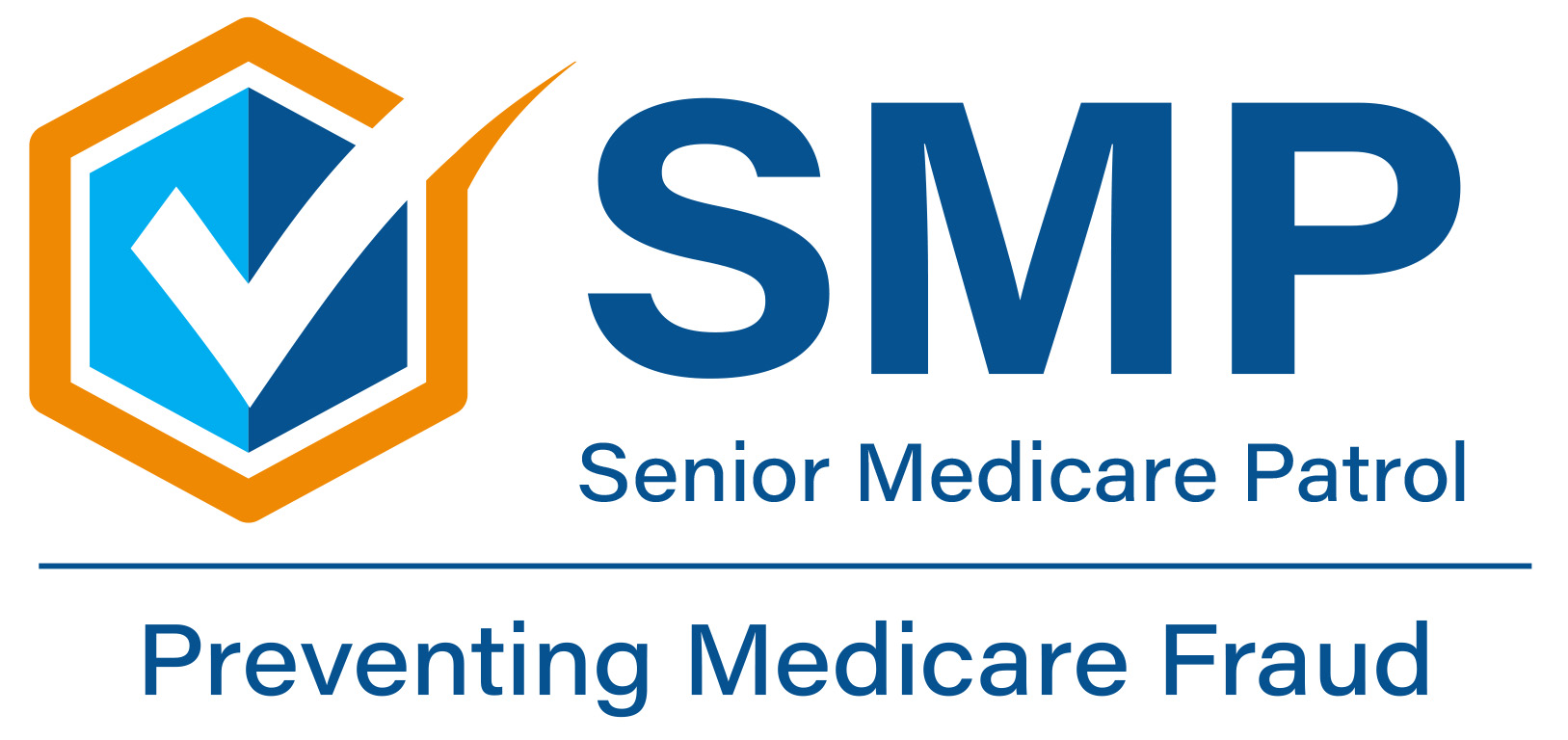
The SMP projects receive grants from the Administration for Community Living (ACL) to recruit and train retired professionals and other older adults and community members to prevent, recognize, and report health care fraud, errors, and abuse. These SMP team members then participate in outreach events to help educate Medicare and Medicaid beneficiaries on the same prevention, recognition, and reporting techniques.
The SMP program model is one of prevention. SMPs educated Medicare beneficiaries to scrutinize their medical statements and bills and subsequently reduce fraud and errors. Though beneficiaries have several avenues they can take to report fraud, such as the Office of Inspector General (OIG) hotline or 1-800-Medicare, some beneficiaries choose to report fraud to the SMP. In these cases, SMPs refer the complaint to the appropriate entity.
In 2024, the 54 SMP projects had a total of 5,643 active team members who conducted a total of 22,752 group outreach and education events, reaching an estimated 1,172,875 people. In addition, the projects had 283,724 individual interactions with, or on behalf of, a Medicare beneficiary.
For 2024, the SMP projects reported $35,115,211 in expected Medicare recoveries. Nearly all of these recoveries came from one project that identified a doctor who signed orders for cancer genetic testing and durable medical equipment without seeing, speaking to, or otherwise treating patients. This provider was ordered to pay nearly $34.8 million in restitution. In addition, cost avoidance in 2024 totaled $99,037, while savings to beneficiaries and others totaled $6,071 for all SMP projects. In comparison to 2023, the projects reported a 5-percent increase in the number of individual interactions in 2024 (283,724, up from 270,348). The number of group outreach and education events increased by 2 percent (22,752, up from 22,356), although the number of people reached through these channels decreased by 6 percent (1,172,875, down from 1,244,697). However, the projects reported lower amounts for expected Medicare recoveries ($35,115,211, down from $111,277,683), while cost avoidance increased ($99,037, up from $34,306).
The SMP program continued its educational outreach on fraud schemes involving COVID-19 in 2024. Its fraud alert on COVID-19 advises beneficiaries to be suspicious of anyone going door to door offering free COVID-19 testing, supplies, treatments, or vaccines. The alert also advises beneficiaries to be cautious about sharing their personal information, including their Medicare identification number, Social Security number, or other personal information because this information can be used in fraud schemes. In 2024, the SMP projects conducted 311 group education events covering COVID-19 fraud issues, reaching a total of 18,922 people. In addition, they conducted 77 instances of media outreach on this topic, reaching 1 million people. The SMP program also continued its educational outreach on fraud schemes involving genetic testing. Its fraud alert on genetic testing advises beneficiaries to be suspicious of strangers who offer free genetic tests. The alert also cautions beneficiaries about sharing personal information that can be used fraudulently. In 2024, the SMP projects conducted 607 group education events covering genetic testing fraud issues; these events reached 31,490 people. In addition, they conducted 147 instances of media outreach on this topic, reaching 3.9 million people.
In addition, the SMP program continued its educational outreach on fraud schemes involving hospice. The alert warns beneficiaries about potential fraud schemes that involve unsolicited marketing tactics to enroll beneficiaries in hospice services. It advises beneficiaries to be sure that their doctor has assessed their condition and certified that they are terminally ill and expected to live 6 months or less. The alert also advises beneficiaries never to accept gifts in return for hospice services and to be wary of “too-good-to-be-true” offers. In 2024, the SMP projects conducted 161 group education events covering hospice fraud issues, reaching a total of 10,658 people. In addition, they conducted 35 instances of media outreach on this topic, reaching 542,774 people.
Additionally, the SMP program continued its educational outreach on fraud schemes involving Medicaid renewal. This fraud alert advises that beneficiaries should not confirm their Medicare or Medicaid numbers to anyone calling them over the phone. The alert also advises beneficiaries to make sure that their contact information is correct with Medicaid. In 2024, the SMP projects conducted 3,115 group education events covering Medicaid renewal fraud issues, reaching a total of 172,331 people. In addition, they conducted 1,363 instances of media outreach on this topic, reaching 24,531,038 people.
Results attributable to the SMP projects’ efforts included $35,115,211 in expected Medicare recoveries, $99,037 in cost avoidance, and $6,071 in savings to beneficiaries and others. In comparison to 2023, these projects reported a lower amount for Medicare recoveries. We note that the projects may not be receiving full credit for recoveries, savings, and cost avoidance attributable to their work. It is not always possible to track referrals to Medicare contractors or law enforcement from beneficiaries who have learned to detect fraud, waste, and abuse from the projects. In addition, the projects are unable to track the potentially substantial savings derived from a sentinel effect, whereby Medicare beneficiaries’ scrutiny of their bills reduces fraud and errors. ACL needs to work with SMP projects to further focus on and document expected Medicare and Medicaid recoveries; additional Medicare and Medicaid recoveries, cost avoidance, and savings both to beneficiaries and to others to the extent possible.
SOURCE: 2024 Performance Data for the Senior Medicare Patrol Projects
For More Information
See the OIG Report page.
